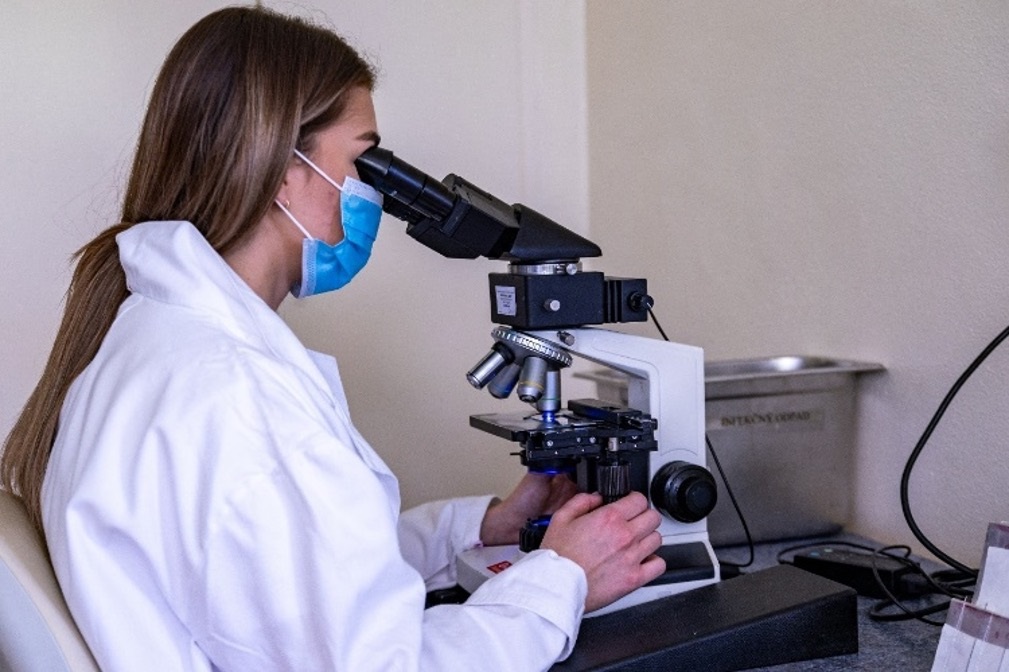/data-and-analytics-(dna)/data-exchange-(dex)/who-presence-in-countries--territories-and-areas.tmb-1920v.jpg?sfvrsn=f1146a2_2)
Community-based success in tuberculosis care in Slovakia
Stronger WHO country presence for a healthier and safer world
Joint Outcome 2.3.
Populations empowered to control their health through health promotion programmes and community involvement in decision-making
Slovakia has faced persistent challenges in controlling tuberculosis (TB), particularly among vulnerable populations. Despite being a low-incidence country, Slovakia grapples with screening and treating specific risk groups for TB, including Roma people, homeless individuals and those with comorbidities such as diabetes.
The World Health Organization (WHO) Regional Office for Europe has been a crucial partner in Slovakia's fight against TB. The collaboration began in earnest in the early 2000s through the Roma Health Assistants programme. This initiative trained members of the Roma ethnic group to ensure that people affected by TB received proper care and follow-up in their communities. In recent years, support from the Regional Office has included technical advice, training materials, and training for health assistants on TB management and basic hygiene standards.
The impact
Through this partnership, Slovakia has achieved an 85% treatment success rate – among the highest in Europe. This is largely attributed to the effective work of Roma health assistants, who ensure that TB patients adhere to their treatment regimens and receive the necessary support.

A laboratory technician tests for TB at a medical facility in Slovakia.
The integration of these assistants into the health care system has also helped reduce the stigma associated with TB within the Roma community.
Lessons learned
Involving community members as health assistants has been crucial for effective TB management.
Regular training and retraining are essential for maintaining the quality of care and adapting to new challenges
Providing comprehensive support, including education on hygiene and assistance in understanding the health care system, enhances treatment success.
Donors and partners
Ministry of Health; National Institute for TB, Lung Diseases and Thoracic Surgery.
The success of our TB treatment is a testament to effective collaboration with partners and the dedication of our Roma health assistants.”
Professor Ivan Solovič, Deputy Director of the National Institute for TB, Lung Diseases and Thoracic Surgery, Slovakia
What's next?
Slovakia plans to expand its successful model to other marginalized groups and continue strengthening its TB control efforts. The focus will be on maintaining high treatment success rates and addressing new challenges, such as the influx of Ukrainian refugees. Continued collaboration with the Regional Office will provide vital technical support and coordinating efforts with neighbouring countries.
